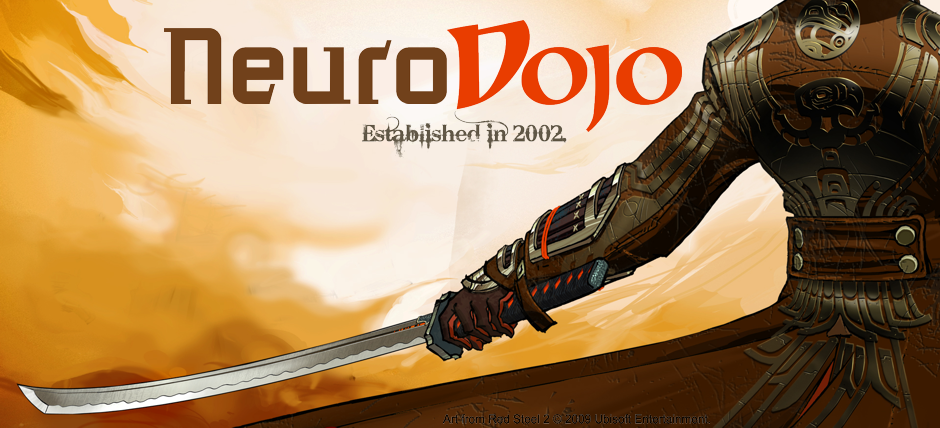 Two of my interests recently intersected on ABC’s The Science Show.
Two of my interests recently intersected on ABC’s The Science Show.As regular readers might know, I have been fascinated with the creation and ongoing development of the women’s competition of Australian Rules Football (AFL). (I am a card-carrying supporter of the Melbourne Football Club’s women’s team!) When I lived in Australia, it was clear that there were women who loved the game, but as spectators. The game was very much seen as being for blokes. I don’t think I ever heard about women playing in the time I was there.
Fast forward to a women’s league that is growing and making international waves, and that is expanding the audience for this sport significantly. The brilliant picture of the atheleticism of Tayla Harris (shown) and her subsequent poor treatment over it made news in the US. That was the first time I think I ever heard AFL on the news since moving here.
Australia’s chief scientist Alan Finkel talks about how this new league teaches us a lot about how creating opportunities makes a difference for people. And that science could learn from this (my emphasis).
So let’s go back and think about women’s AFL in the year 2000. (A year I lived in Australia! - ZF) If you were a schoolgirl in Victoria, you couldn’t play in an AFL competition once you hit the age of 14. Why not? Because there was no competition open to teenage girls. You had to wait until you were 18 to join the senior women’s league, and that league was a community competition, without sponsors, played on the worst sports grounds, in your spare time, at your own expense.
On the other hand, your twin brother with the same innate ability would be nurtured every step of the way. And by the time he turned 18, he could easily be on a cereal box and pulling a six-figure salary. Very few people in the AFL hierarchy seem to regard this as a problem. ...
(N)ow when a teenage girl has a talent for football in 2019, she has got role models on TV, she’s got mentors in her local clubs, she’s got teachers and friends who say it’s okay for a girl to like football. In fact it’s great for a girl to like football. She’s not weird, she's not an alien, she is a star. You can see that virtuous cycle starting to form: the standard of the competition rises, it attracts more women and girls, the standard of the competition rises. And we wonder why it took us so long to see what now seems so obvious: second class status for women in sport is not acceptable.
Second class status for women in science isn’t acceptable, either.
External links
Science should emulate sport in supporting women




